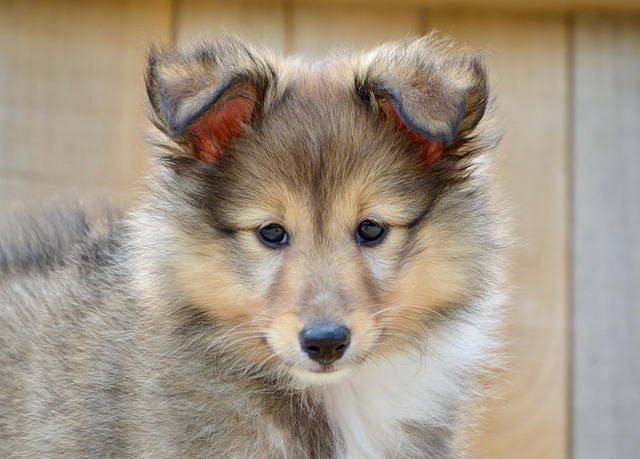
How do i train my dog to be obedient?
Watching your dog dart across the park ignoring your calls isn’t just frustrating—it can put them at risk near busy streets or public spaces.
Socializing a dog isn’t just about letting them play with other pups—it’s about building their confidence to handle the busy, unpredictable world they’ll encounter every day. Start small, like walking past a café where baristas might toss a gentle wave, or letting them sniff a neighbor’s calm cat while on a leash. These tiny, positive interactions teach your dog that new sights and sounds don’t mean trouble, which lays the groundwork for good behavior long-term.
Always check your local area’s dog laws before expanding socialization outings. For example, many cities in the U.S. require dogs to be leashed in public parks unless it’s a designated off-leash zone, and some European countries fine owners if their unruly dog disturbs others. Keeping up with these rules doesn’t just keep you compliant—it also keeps your dog safe, as controlled environments reduce the risk of scary run-ins with unfamiliar animals or people.
Incorporate short, frequent sessions instead of long, tiring ones—10 to 15 minutes a day works better for most dogs, especially puppies. Try taking them to a pet-friendly grocery store (many chains allow leashed dogs in entry areas) or a community dog park during quieter hours, like weekday mornings. Let them approach new friends at their own pace; never force a dog to interact if they’re cowering or backing away—this builds fear instead of trust.
 Pay attention to your dog’s body language to know when they’re comfortable. A wagging tail held high and relaxed ears mean they’re enjoying the moment, while flattened ears or a tucked tail are signs to step back. If you notice stress, guide them away to a quiet spot for a few minutes of calm before trying again. This respect for their boundaries helps them associate social time with feeling secure, not overwhelmed.
Pay attention to your dog’s body language to know when they’re comfortable. A wagging tail held high and relaxed ears mean they’re enjoying the moment, while flattened ears or a tucked tail are signs to step back. If you notice stress, guide them away to a quiet spot for a few minutes of calm before trying again. This respect for their boundaries helps them associate social time with feeling secure, not overwhelmed.
Remember that socialization isn’t just about other dogs—exposing them to different people matters too. Invite friends over who love dogs, or let a friendly mail carrier offer a small treat. In many Western cultures, dogs are part of family life, so helping your dog feel at ease around kids, seniors, or people with hats or wheelchairs ensures they fit smoothly into your daily routines, from trips to the vet to visits with relatives.
By the end, socializing your dog becomes less of a “task” and more of a fun part of your shared routine. A well-socialized dog is happier—they’ll greet new neighbors with a wag instead of a bark, and they’ll stay calm during busy errands. Stick to consistent, positive interactions, follow local laws, and let your dog lead the way—you’ll both end up with a stronger bond and a dog who’s ready to take on the world, one gentle hello at a time.

Watching your dog dart across the park ignoring your calls isn’t just frustrating—it can put them at risk near busy streets or public spaces.

New puppy owners often find themselves rushing to clean up accidents before they set in, and that’s where puppy pad training becomes a game-changer.

If you've noticed your dog's waistline disappearing and your veterinarian has mentioned those few extra pounds, your first instinct might be to simply reduce the amount of food in their bowl.

Training a dog to use a designated spot indoors isn’t as daunting as many new owners fear, but it does take consistency and an understanding of your pet’s needs.

That moment of dread on a walk is all too familiar for many new dog owners. You see another dog approaching down the sidewalk of your neighborhood

If the sight of another dog on your neighborhood walk makes your heart sink as your own dog erupts into a frenzy of barking and lunging, you're not alone.